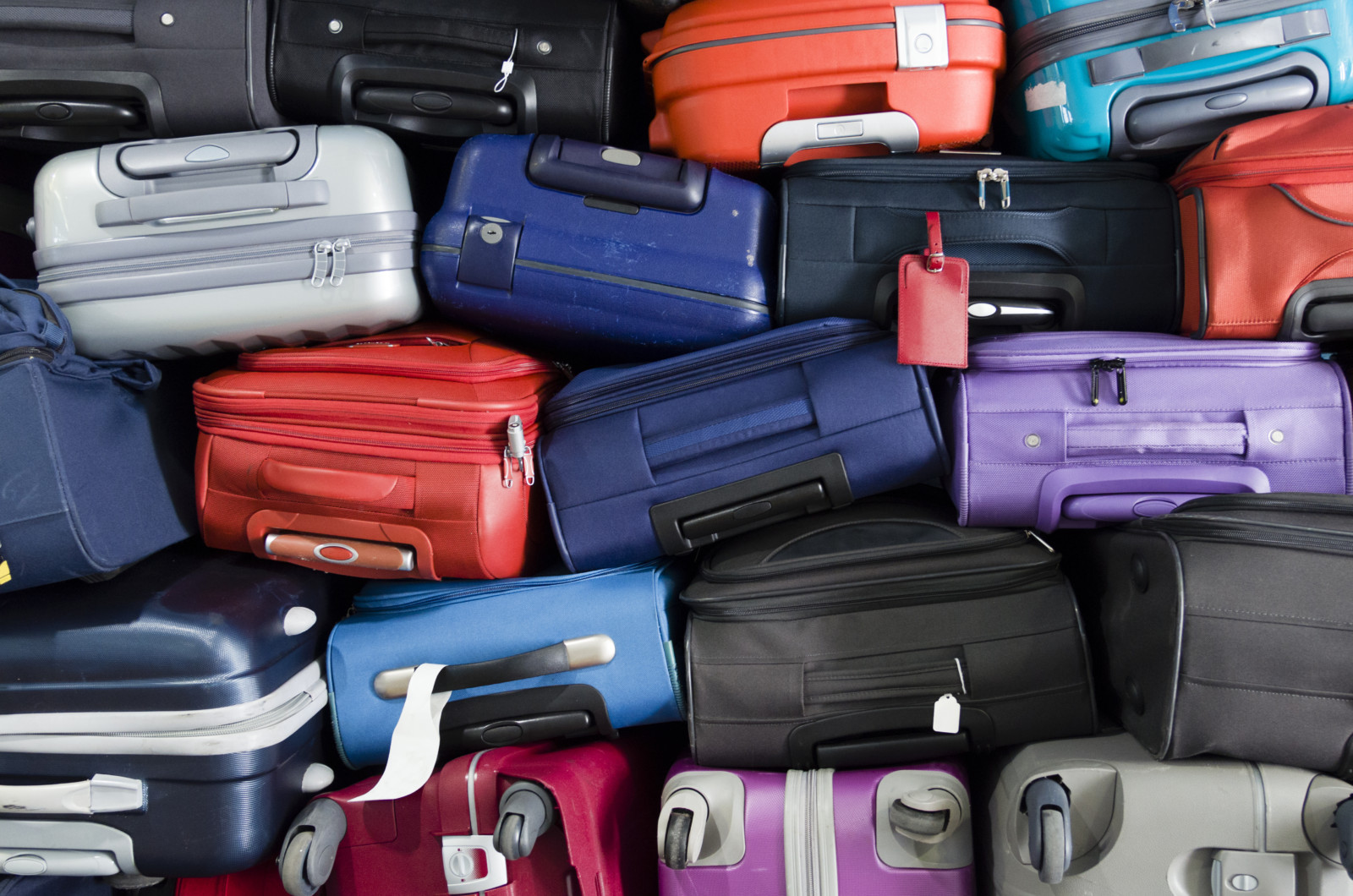I was reading Kevin Palau’s book Unlikely at the airport last week and thought a comment that the former mayor of Portland, Sam Adams, made in the foreword was insightful. Before meeting with Kevin Palau (minister and president of the Luis Palau Association), the mayor said he felt weary, had negative assumptions about the other party, but was hopeful and
“Circumstances pushed me to listen with very open ears … [and] their attitude was not at all what I expected.”
Subsequently, the two forged an unlikely partnership and friendship that has powerfully impacted Portland’s public schools in a positive way.
While reading about this partnership and seeing excessive amounts of luggage around me in the airport, I thought, “What if Mayor Adams hadn’t been willing to leave his baggage behind?” Over the last ten years, how many kids would not have graduated? How many disadvantaged youth or their teachers would have lacked the support and service they have since received? Thousands of Christians throughout the very liberal city of Portland, Oregon have participated in this unique partnership between the faith community and the public schools. What a missed opportunity it would have been if he had not been open-minded!
What opportunities have I missed because of incorrect assumptions that altered how I approached conversations, meetings, etc.? These assumptions can be about:
- Intentions or motivations
- Knowledge or abilities
- Past events
- How others perceive us
I am not suggesting we go into encounters blind, but especially when we have negative perceptions, we should try checking those bags and hoping for a more positive outcome. It may not be possible, but at least we don’t prematurely close the door and find ourselves asking, “What if?”
A few years ago, I had a negative situation occur. A student from a prior course decided to take another class from me. The earlier encounter with this seasoned professional had been somewhat hostile. The first evening of the second class, I saw something in the student’s notes that made me nervous enough to notify my chair and university police for additional security patrol. Even with that concern, I resolved to hope for the best and treat the person with kindness the second time around. Not only did the class go smoothly, but weeks later this student’s referral led to a new client relationship. I was honestly quite surprised, and so thankful that I had checked my baggage!
It’s like when we check the baggage at the airport – we aren’t throwing it away, we just aren’t lugging it through the terminal. We are more agile, and can run and catch the next flight without anything weighing us down if the layover is short. Likewise, let’s start 2018 with the resolve to check our personal assumptions, ask great questions, and listen more so we have sufficient information to decipher truth.
Your challenge: When you catch yourself holding a negative perception of an upcoming conversation or meeting, check this baggage and shift to a mindset of hope instead.





 Britta burrus design.
Britta burrus design.